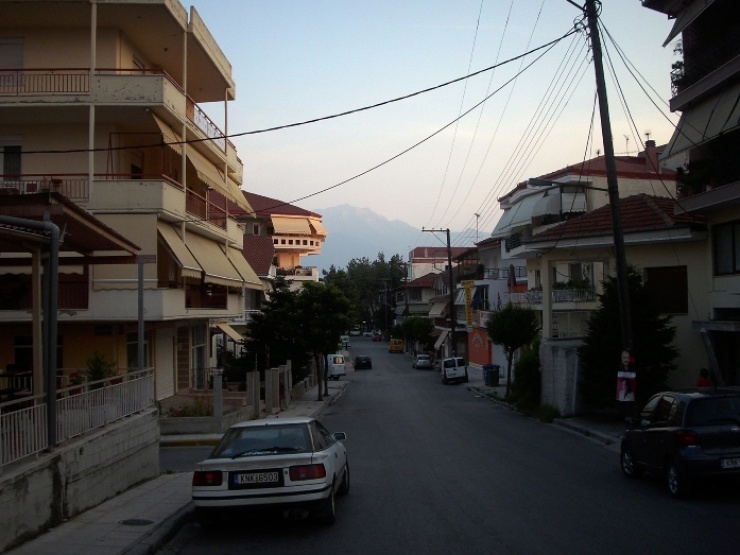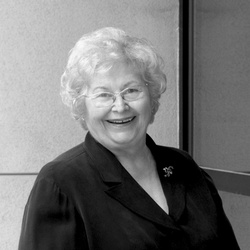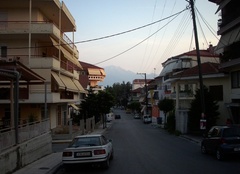Katerini
Greek: Κατερίνη (Previously: Αικατερίνη / Aikaterini)
Little is known about the Jewish community of Katerini until 1904, when approximately 80 Jewish residents lived in the Greek town.
Soula Molho was born in Katerini 20 years later in 1924 and raised as a protestant Christian. She remembered that her family had “very close” relationships with the seven Jewish families that lived in the town by 1939. Like many Jews in the Mediterranean, the Jewish community of Katerini practiced Sephardi (Spanish) traditions inherited from Jews who were expelled from Spain in 1492. Greek-Jewish families often spoke both Greek and Ladino, a language based on medieval Spanish but written using the Hebrew alphabet. Without a synagogue or rabbi in the village, the Jews of Katerini worshipped in the nearby cities of Thessaloniki and Larissa.
In October 1940, Italian forces invaded Greece and a number of Jewish men from Katerini enlisted in the Greek army. Joint German and Italian forces again invaded the area in April 1941. As members of the resistance, Soula Molho’s family hid English soldiers in the basement of their home while Nazis occupied the upstairs. In July 1942 Soula was arrested and ultimately transported to the concentration camps at Auschwitz and Ravensbrück.
In 1943 government authorities in Katerini were ordered to arrest all the Jews of the village. Local resistance groups helped many Jews found safety in the nearby mountains. Although a few were caught and deported to concentration camps, the majority of the Jewish population of Katerini survived World War II.
However, those Jews who returned to Katerini after the war were again forced from the town during the Greek Civil War of 1946 to 1949. In 2008 only one Jewish family lived in Katerini.
Katerini: Photographs & Artifacts
-
 Mt. Olympus can be seen in the background of the photo of the town of Katerini, ca. 2010. Wikimedia Commons / Tomek Grabarczyk / CC-BY-SA 3.0
Mt. Olympus can be seen in the background of the photo of the town of Katerini, ca. 2010. Wikimedia Commons / Tomek Grabarczyk / CC-BY-SA 3.0
Destroyed Communities Memorial Slope
Katerini: Survivors

It was a very beautiful childhood. I had a wonderful father and mother, very warm people. They always cared for others. I never remember we had a lone supper. My mother never cooked enough for us only, always there was a place for someone else.
